RHI inquiry: Ex-ministers clash over green scheme events
- Published
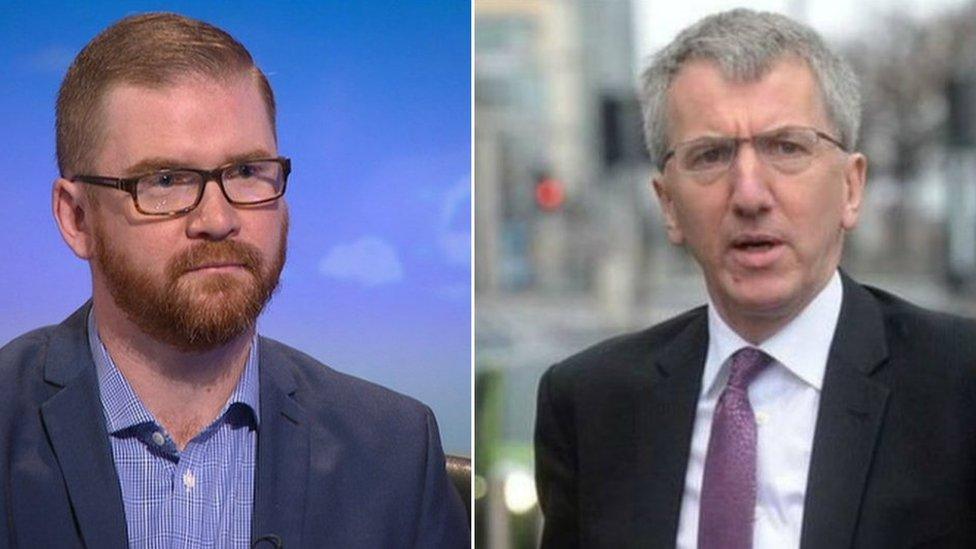
Simon Hamilton and Máirtín Ó Muilleoir are due to appear at the inquiry for the first time on Tuesday
Two former Stormont ministers have clashed over their interpretations of events surrounding the closure of NI's flawed green energy scheme.
Simon Hamilton and Máirtín Ó Muilleoir are due to appear at the Renewable Heat Incentive (RHI) inquiry on Tuesday.
They were economy and finance ministers in post when the scandal became public.
It was set up in 2012 to boost uptake of eco-friendly heat systems, but huge subsidies left NI taxpayers with a £490m bill.
Its failings led to the establishment of a public inquiry in January 2017.
Simon Hamilton is the final DUP representative due to give evidence.
He became economy minister in May 2016, the department which had set up the botched scheme, and he was tasked with bringing forward plans to the assembly to cut the scheme's costs.
'Interfering'
Mr Ó Muilleoir was to give approval to those proposals in his role as finance minister.
He will be the first and only Sinn Féin figure to give oral evidence. He set up the inquiry in January 2017.
The pair's witness statements to the inquiry, external were published on Monday night.
In his evidence, Mr Hamilton accuses Mr Ó Muilleoir of "interfering and stepping beyond his brief" and "other executive ministers had similar experiences and shared my concerns".
He details that in December 2016, when the full scale of the scandal had emerged in the media, the DUP's relationship with Sinn Féin deteriorated generally.
Mr Hamilton said the party's already "uneasy" working relationship with Sinn Féin was not helped by his belief that the party was casting itself as the saviour of the RHI situation, while leaking material to "undermine the successful production of cost limiting measures".
Mr Ó Muilleoir, in his witness statement, denied accusations he briefed the media criticising the economy department, nor did anyone else on his behalf.
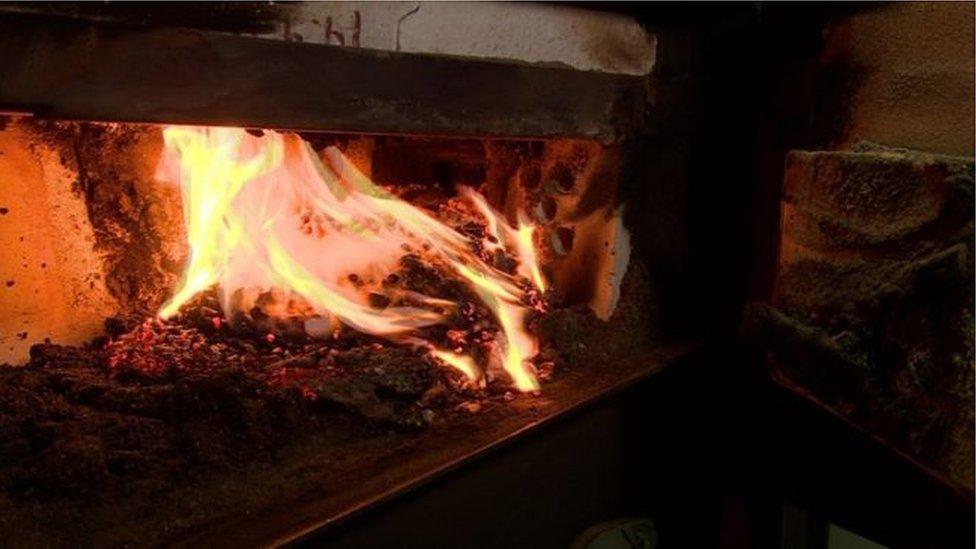
The RHI scheme was established to encourage uptake of eco-friendly heat systems over the use of fossil fuels
In fact, he argues that when he became aware of the RHI problems in May 2016, he accepted "in good faith" that Mr Hamilton was working on a solution, adding that he thought the DUP minister would send him a paper outlining any proposals before going public with an announcement.
He goes on to say that towards the end of 2016, he "came to the conclusion minister Hamilton was not co-operating with me to find a solution".
'Hindered development'
"Any lingering doubt was erased on 4 January 2017 when minister Hamilton told the media he had agreed a plan to deal with RHI with Arlene Foster," he said.
He added that he believes the approach adopted by Mr Hamilton "hindered development of a solution to RHI".
The DUP ex-minister, however, denied that he did not do enough to bring the flawed scheme under control.
But he did say that he believes measures to limit RHI could have and "should have been brought forward by the department quicker than they were".
Mr Hamilton said he did not think civil servants treated the need to cut the cost of the scheme with the same level of priority that he did.
He said it took too long for budget protection measures to be put in place and, officials were still describing the scheme as "very successful" even in May 2016.
He added that he felt they had a "startling lack of awareness of the problem".
'Well-founded fears'
When they eventually did supply him with something five months later, it "lacked detail" and he "found it unimpressive".
Mr Hamilton noted that he regrets that he did not push officials in the department more than he did, given the status his role as minister afforded him, he added.
He eventually brought forward regulations to the assembly for approval in January 2017.
In his witness statement, he is highly critical of Sinn Féin and Mr Ó Muilleoir, accusing the party of delaying the sign-off on the 2017 regulations.
"I did at that time believe that Sinn Féin were engaging in leaking and briefing in large part to undermine the successful production of cost limiting measures, and I believe that my fears at the time were well founded," he said.
"It is alarming to now read evidence that the decision to grant or withhold approval for the 2017 regulations business case appears to have been taken more in Connolly House rather than Clare House."
Mr Ó Muilleoir, meanwhile, in his witness statement, says he did not believe the 2017 regulations were the best, as they only lasted for a year and "did not claw back payments from participants who had already misused the scheme.
But he "approved them as it was better than doing nothing".
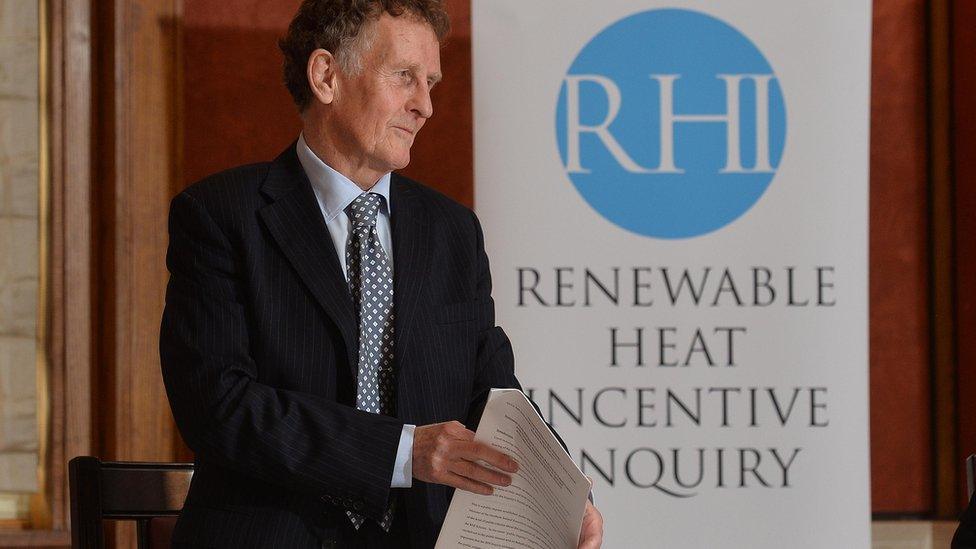
The RHI public inquiry is being chaired by Sir Patrick Coghlin and has heard 107 days of evidence so far
Mr Hamilton said he would have preferred to bring forward a long-term solution to the assembly, but that "the unusual and extremely challenging circumstances" of December 2016 and January 2017 did not permit that.
He was deeply concerned at that time that the assembly could collapse before he was able to introduce the regulations for approval.
Mr Ó Muilleoir also addresses in his statement claims that he was lobbied prior to the closure of the scheme in February 2016 to delay it.
The inquiry has already seen an email exchange showing that the ex-finance minister was sent an email in early February 2016, from Donaghmore District Community Association, asking for help in keeping the scheme open until their equipment for the scheme arrived later that month.
His email response to the group was: "We will do our utmost to have as many projects as possible green lighted."
'Reasonable compromise'
Asked why he said that, Mr Ó Muilleoir said he "was trying to be supportive to potentially vulnerable applicants".
He also said he had provided the inquiry with that documentation and everything relating to lobbying around the scheme.
Officials had initially proposed to close the scheme on 15 February 2016, but as it had become a serious problem and had been elevated to the executive to deal with, the DUP and Sinn Féin agreed to keep it open for two more weeks.
The scheme eventually closed on 29 February 2016.
Mr Ó Muilleoir said he did not know who proposed that date, but added: "The reason for the grace period was to allow businesses, social enterprises and community groups who had applied in good faith to complete accreditation."
He said he was also aware of a concern that immediate closure could result in legal challenge, which if successful, could lead to the scheme remaining open indefinitely.
He said he did not propose to delay the closure, but ultimately did support it for the reasons he sets out and that in hindsight, it was the correct thing to do.
"Two weeks was a reasonable compromise," he added.
The head of the Northern Ireland Civil Service, David Sterling, will also give evidence this week, as will his predecessor, Malcolm McKibben.
The enterprise department's former top civil servant, Andrew McCormick, will also return.
The inquiry's oral hearings are due to end this Friday, after 111 days of evidence heard by the panel.
- Published10 October 2018
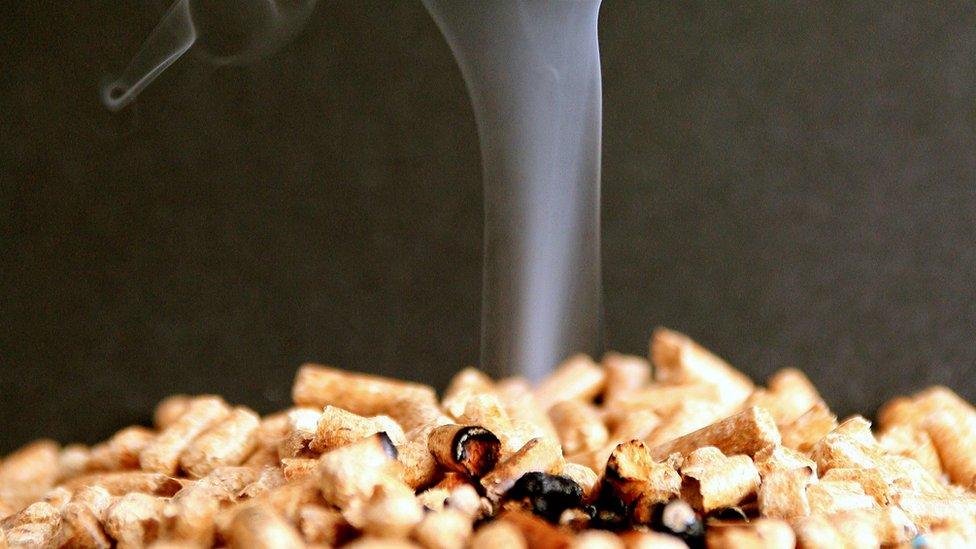
- Published5 September 2018
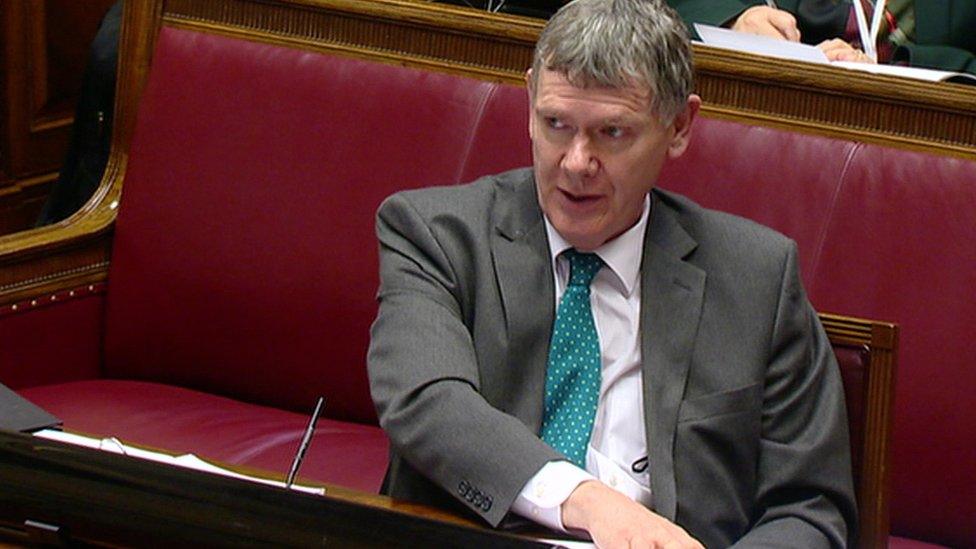
- Published4 September 2018
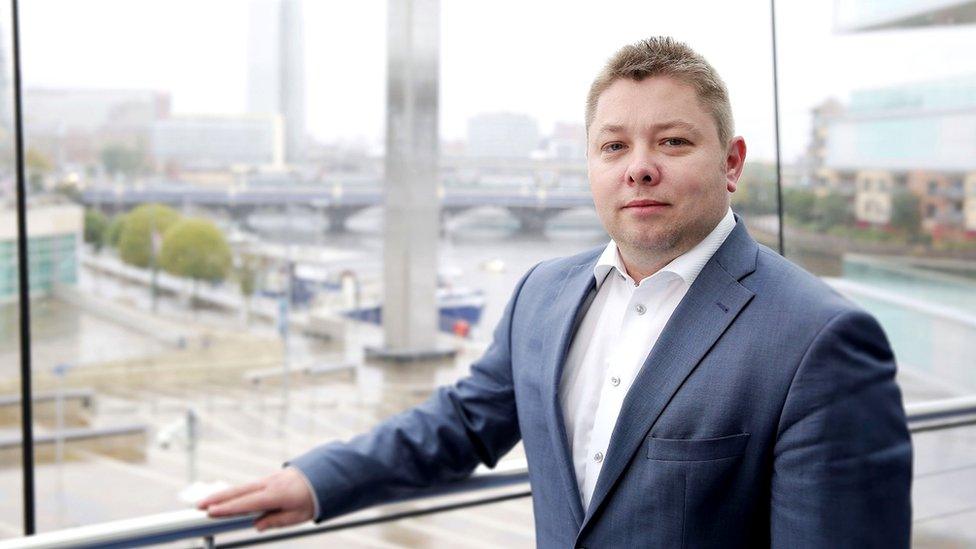
- Published23 October 2019

- Published7 November 2017
